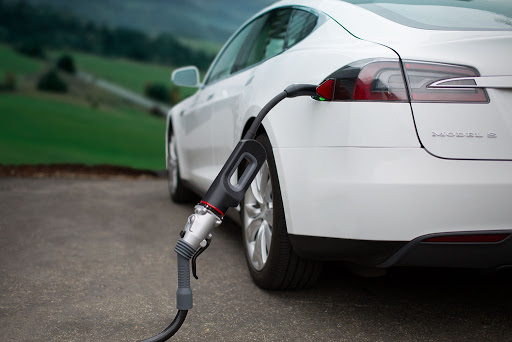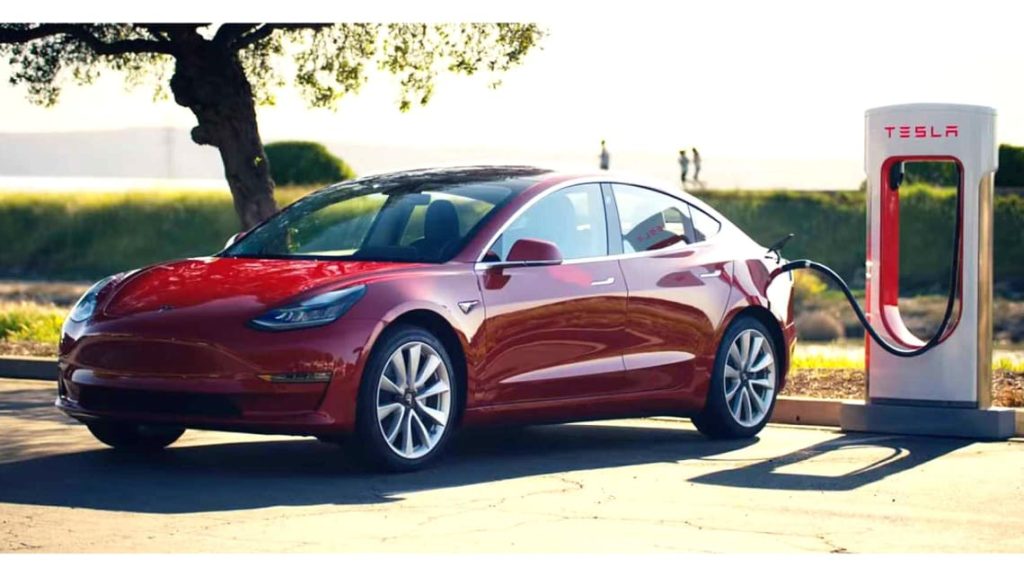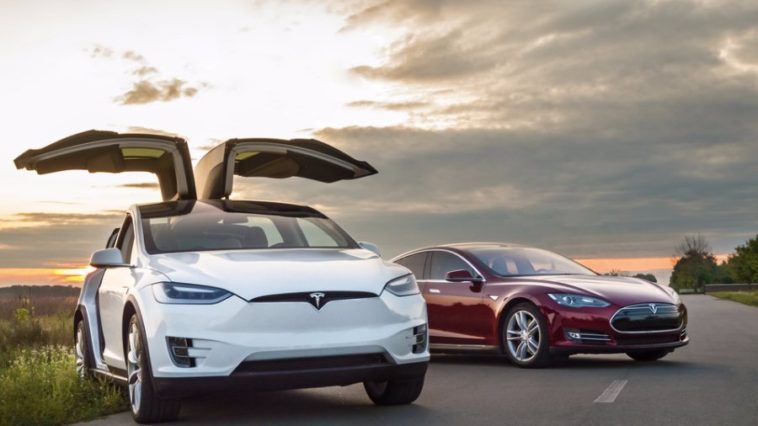Electric cars have also become fashionable and all iconic car models are being built in electric versions by the major companies.
The electric cars do have some significant advantages over the ordinary fossil fuel powered vehicles. The fact that electricity is cheap in almost all developed countries makes electric cars very cheap to run. Punchier as they can be due to the instant torque they can deliver. They are more environment-friendly too since they have zero emissions.
But electric cars face a fundamental drawback of slow recharge times. Where it takes a fuel powered vehicle to fill its tank in a minute or two, it will require about 2-4 hours for you to recharge your electric powered vehicles.

Electric cars nowadays promises to provide around 300 miles of range in one complete charge. Although this number is calculated in favorable conditions but a 230-250 miles mark on average can be taken into account.
The average daily commute of a normal person is about 40-50 miles on a busy day. You can use the same battery for almost 5-6 days without any need of recharging. And you can recharge it in the night-time afterwards.
But it takes a hit when it has to charge on the go. People do encounter emergency situations and can face the need to drive more than what their limited range offers. In such a situation, recharging on the go can be very slow. And when once in a while, you decide to travel off your city, covering more than 300 miles, your 6-7 hours journey would easily convert into a 9-11 hours one, considering the extra time required for electric vehicles to recharge.
This basic flaw can be compensated by increasing the range of the battery, by simply attaching a bigger battery to your electric car. Development is being done to find workable solutions to pack more battery capacity in compact volumes. This would decrease the probability of an individual to charge his car on the go.
Steps are also being taken on reducing the recharging times, especially on the go. Manufacturers have deployed fast charging units at recharge stations to decrease charging time as compared to their home charger. But the recharge times are still around 1-2 hours on these fast chargers. Recently Tesla has rolled out its supercharging stations which can charge at up to 250Kwatts of peak power, for the Model 3 only.

But it is expected that with the passage of time, with further research and development in this sector, recharge times will surely become comparable to refueling times one day. Researchers are working in finding newer battery technologies such as solid-state batteries and newer cooling solutions.
To sum up, electric cars have drawn the interest of the auto industry due to their obvious advantages over the fuel powered vehicles, but they are still in a beta phase in their recharging procedures and battery technologies. Electric cars still require research and investment to develop them to a practical standpoint where they can compete with the refueling times of fuel powered vehicles. Up till than the early adopters have to pay a premium to get to use the latest technology first.




